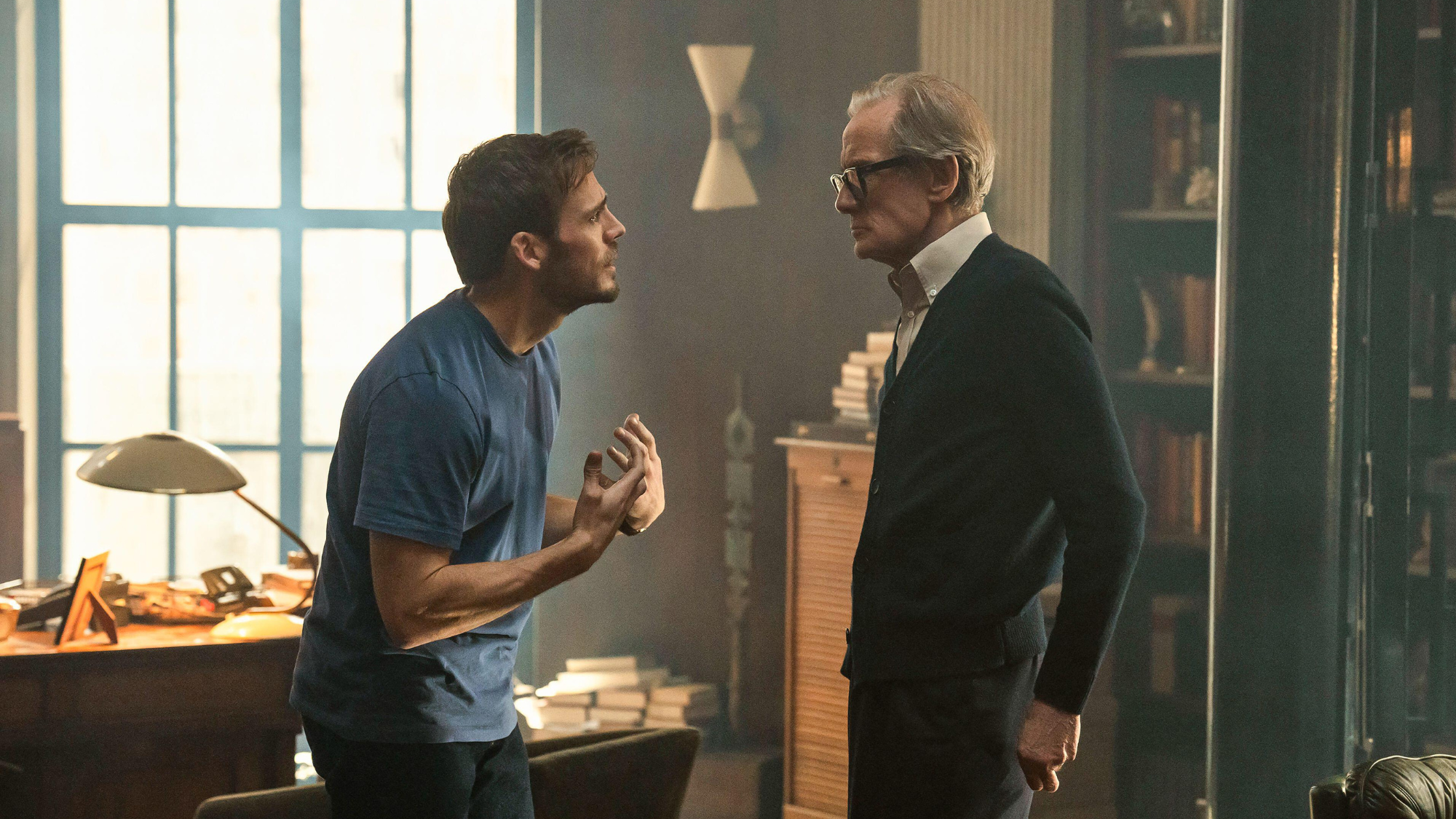Lazarus: Harlan Coben’s ‘embarrassingly compelling’ thriller
Bill Nighy and Sam Claflin play father-and-son psychiatrists in this ‘precision-engineered’ crime drama

A free daily email with the biggest news stories of the day – and the best features from TheWeek.com
You are now subscribed
Your newsletter sign-up was successful
TV adaptations of the American author Harlan Coben’s “extravagantly plotted” thrillers tend to attract A-list casts, said Rebecca Nicholson in the Financial Times. And it is often the case that the actors are “more believable” than the plot lines. This is very much the case with “Lazarus”, a new six-parter on Amazon Prime.
Cold-case murders
Bill Nighy and Sam Claflin play father-and-son psychiatrists Jonathan and Joel Lazarus, both of whom are haunted by the unsolved murder of Joel’s sister 25 years earlier. The series begins with Jonathan’s death, an apparent suicide – but “it doesn’t take a super-sleuth to work out that Nighy was never going to join the cast for a mere two-minute cameo”.
It soon gets “a bit ‘Sixth Sense’”, said Anita Singh in The Telegraph. Joel starts receiving spectral visits, not only from his dead father, but also from his father’s former patients. He becomes convinced that his father was murdered. The apparitions then draw him into “a series of cold-case murders” that may or may not be connected to the death of his sister, said Katie Rosseinsky in The Independent. Helpfully, he has a cop friend who can give him access to old files, to make sense of all this.
The Week
Escape your echo chamber. Get the facts behind the news, plus analysis from multiple perspectives.

Sign up for The Week's Free Newsletters
From our morning news briefing to a weekly Good News Newsletter, get the best of The Week delivered directly to your inbox.
From our morning news briefing to a weekly Good News Newsletter, get the best of The Week delivered directly to your inbox.
Ridiculous but addictive
It’s utterly ridiculous, convoluted (flashbacks of flashbacks) and “often clichéd”, with far too many scenes “where suspects stand lurking in dark corners or stare moodily from under hoods”. There’s some dreadful dialogue, too, and Nighy is under-used. But “it’s plotted as if it has been precision-engineered to hook you in”. And as ever with Coben, it’s “embarrassingly compelling”.
A free daily email with the biggest news stories of the day – and the best features from TheWeek.com